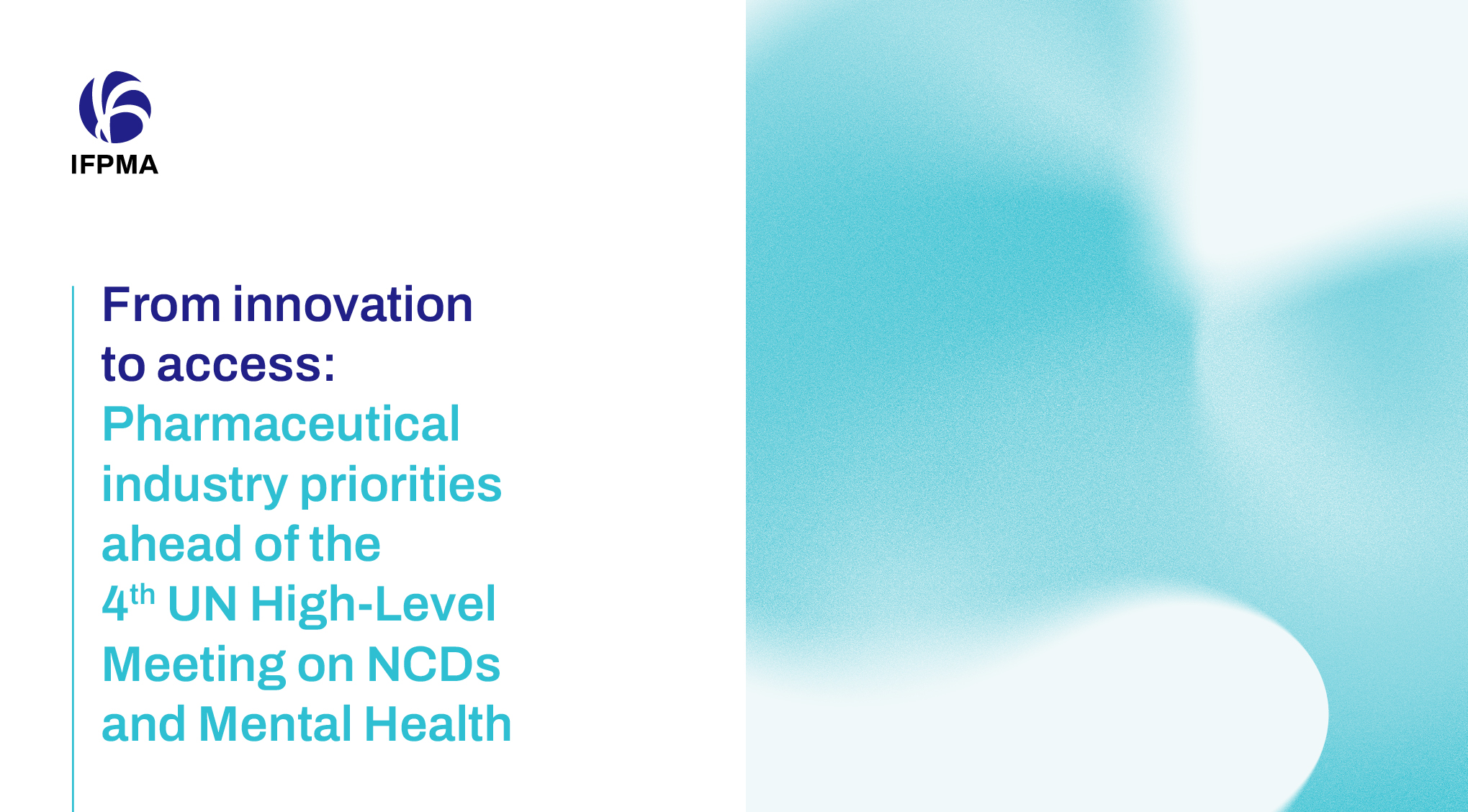Vital Strategies
Principles of Alcohol Taxation
Briefs & Fact Sheets
24 Nov 2025
International Federation of Pharmaceutical Manufacturers & Associations (IFPMA)
11 Mar 2025

Non-communicable diseases (NCDs), such as diabetes, cardiovascular, renal and metabolic diseases, cancer, chronic respiratory diseases, mental health and neurological diseases, are one of the greatest global health and economic threats we face in our lifetime.
Since 2000, global deaths due to NCDs have increased rapidly, even as deaths due to communicable diseases have declined. The global share of NCD deaths among all deaths rose from 61% to 74% in 2019. In 2021, 18 million of these 43 million NCD-related deaths occurred before the age of 70, with comparable mortality rates in countries of all income levels. Alarmingly, about 33% of the global population is living with an NCD, up to one in two of us will get cancer, and about one billion people are affected by a mental health condition.
Despite this – and the multitude of commitments made to tackle NCDs by governments across the world – progress is lagging. The WHO reports that no country will achieve its original 2025 NCD targets, and, in 2019, only 19 out of 194 countries and territories were on track to achieve the one-third reduction in NCD premature mortality.
The 4th HLM on NCDs and Mental Health in September 2025 is a timely opportunity to remind the world of its commitments to address this global challenge collectively. The innovative pharmaceutical industry is committed to playing its part, including through collaborations with other stakeholders.
In this report, IFPMA puts forward the innovative pharmaceutical industry’s advocacy priorities, which are centered around four key policy measures.
Disclaimer: Resources posted by GCM Participants and included in this collection do not represent the World Health Organization's view nor imply any endorsement by WHO (please also see the KAP user guidelines).